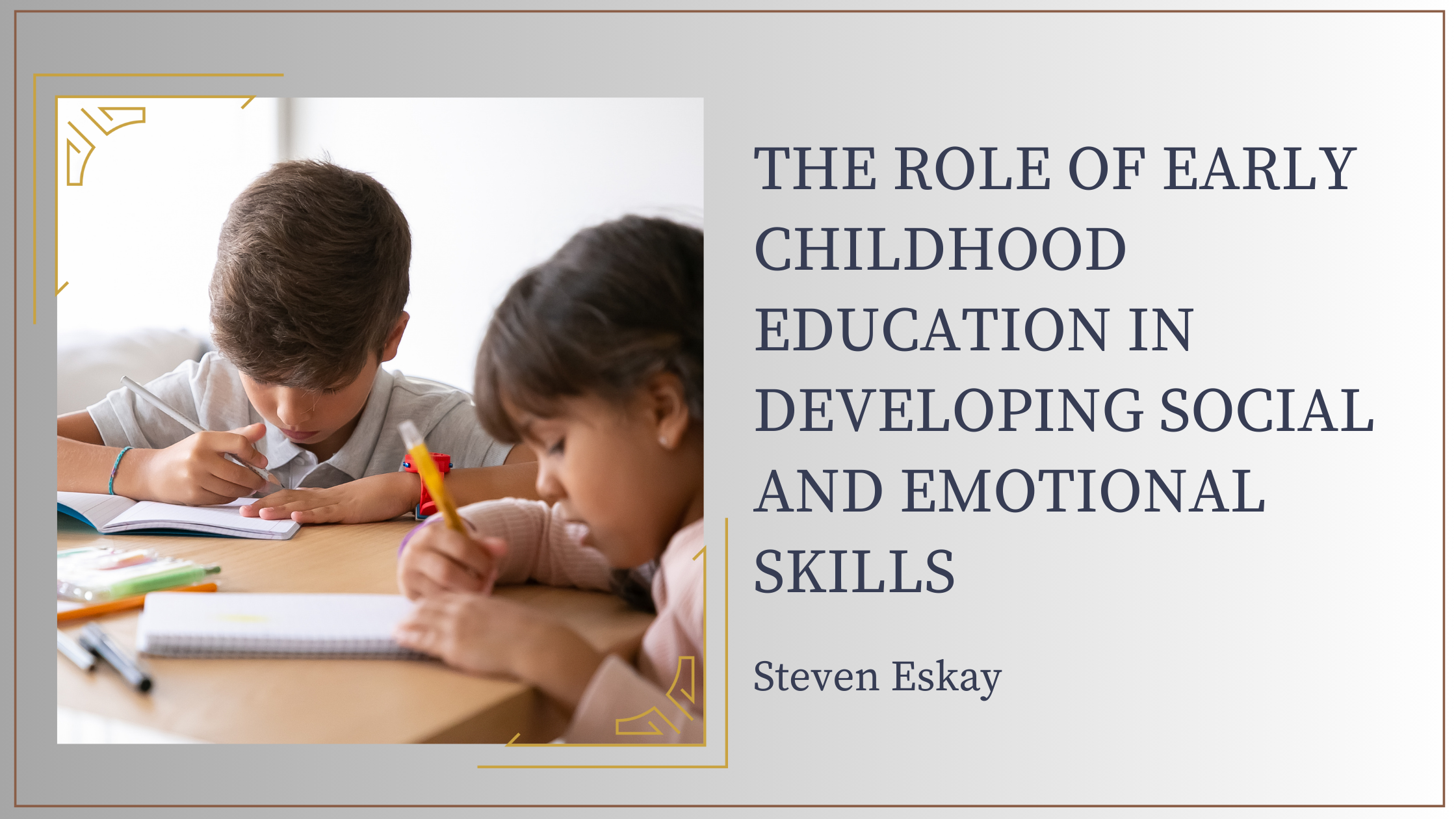Early childhood is a crucial period for developing social and emotional skills. These skills are vital to a child’s overall well-being, relationship success, and future academic and professional achievements. Early childhood education provides an ideal platform for nurturing and developing these essential skills. Here are signs early childhood education has a significant role in fostering children’s emotional growth.
Creating a Positive and Nurturing Environment: Early childhood education environments are designed to be safe, supportive, and nurturing. They provide a space where children feel valued, respected, and included. Such positive environments contribute to developing secure attachments and emotional well-being, enabling children to explore, interact, and engage with others confidently.
Building Relationships and Collaboration: Early childhood education encourages children to interact and build relationships with their peers, teachers, and other adults. Through collaborative activities, group projects, and play, children learn essential social skills such as sharing, taking turns, and cooperating. These experiences foster the development of empathy, compassion, and effective communication, laying the foundation for successful social interactions in the future.
Emotional Intelligence and Self-Awareness: Early childhood education promotes the development of emotional intelligence and self-awareness. Children are encouraged to recognize and express their emotions healthily and constructively. Teachers and caregivers help children identify, label, and validate their feelings. This emotional awareness enhances their ability to understand and empathize with others.
Conflict Resolution and Problem-Solving: Early childhood education equips children with valuable problem-solving skills. They learn how to negotiate, compromise, and resolve conflicts that arise during play and social interactions. Through guided discussions and problem-solving activities, children develop critical thinking skills and the ability to consider multiple perspectives, empowering them to resolve conflicts peacefully and independently.
Self-Regulation and Emotional Control: Early childhood education is crucial in teaching children self-regulation and emotional control. They learn to manage their impulses, delay gratification, and exercise self-control. Through structured routines, consistent expectations, and supportive guidance, children learn to regulate their emotions, behavior, and responses. These skills contribute to their overall well-being and success in various social settings.
Empathy and Understanding of Others: Early childhood education cultivates compassion and a genuine understanding of others. Children are exposed to diverse cultures, backgrounds, and perspectives, promoting inclusivity and acceptance. Through storytelling, role-playing, and discussions, children learn to appreciate and respect differences, develop empathy, and become more aware of the feelings and needs of others.
Early childhood education plays a pivotal role in fostering young children’s social and emotional development. Early childhood education equips children with essential social and emotional skills by providing a positive and nurturing environment, promoting relationship-building, developing emotional intelligence, teaching conflict resolution and problem-solving, encouraging self-regulation, and nurturing empathy. These skills are a foundation for their future success in relationships, academic pursuits, and overall well-being. Investing in high-quality early childhood education not only sets children on a path to academic achievement but also prepares them to become compassionate, empathetic, and socially responsible individuals who contribute positively to society.

